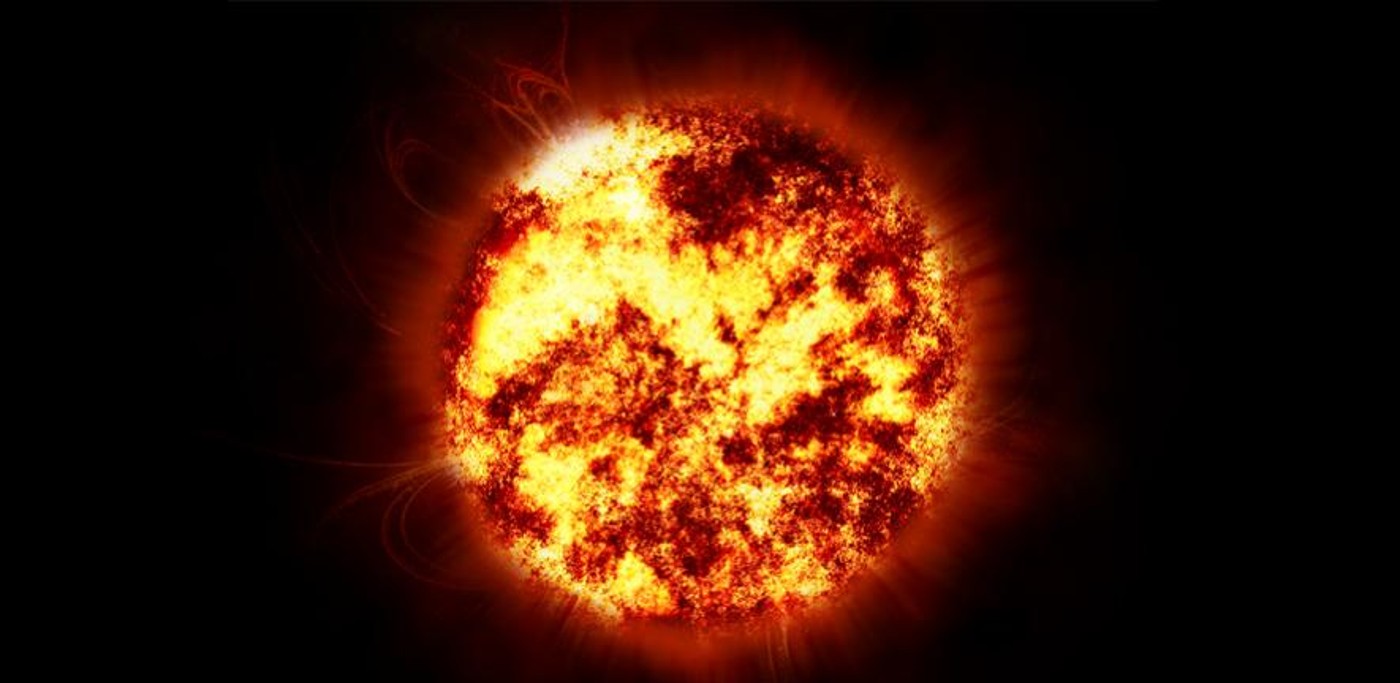Some additional German thoughts to the decline of the Soviet Union 30 years ago:
The older I become, the more I get the feeling that this world is getting more and more erratic and unpredictable, because the history of nations and their states can make a "180-Grad-Wende" (= "180-degrees-turn") as we say in German and no one can really predict when and how it happens.
I always found it "funny" that the last communist German general secretary, Erich Honecker,
- after his downfall and resignation - went into exile to CHILE !!! The same Chile that was only a few years ago one of the worst right-wing dictatorships of General Pinochet! But at that time, the GDR politically had already turned 180 degrees around and Chile turned 180 degrees around, too.
History can move very slowly for decades or even centuries and then suddenly, in only a few hours or days, everything can be overturned by an incredible simple incident, which is in German "der Tropfen, der das Fass zum Überlaufen bringt" (= the drop that makes the keg overflow) !
The peaceful opening of the inner German borders within hours on 9th of November in 1989, between the FRG and the GDR was caused in a second by a mistake of a new GDR-secretary for press relations, "Günter Schabowski",
who was the "worst walking disaster area" ever since for his fellow East-German communists, but the German people as a whole loved him for his silly mistake ever since, because just before his press conference, he got a piece of paper from the new general secretary of the communist government, in which the possibility of free travelling between the two German states should be declared possible, but this was not discussed by the GDR ministers on this day and it was only a suggestion, but no one told this to Mr. Schabowski.
When asked by an Italian journalist in this press conference at 7 p.m., when this possibility of free borders between the both Germanys should "start", Schabowski turned the paper around, could not find anything more written hints and said: "As far as I can tell you, ... as I understood it ... I think ... it is a decision which is valid ... beginning ... right now!"
This is simply incredible in such a dictatorship until this moment, but this must also have been the moment, when ten-thousands of East-Germans jumped up in front of their TV's and told their wives or their husbands: "Darling, take the children, I start my Trabant-car and we all will drive right now to the nearest border station. I must see this with my own eyes if this is true!"
The first border opened at 8.30 p.m. in Berlin because of the thousands of East-Berliners who asked their policemen there if they had not seen the TV news. They did and they tried to get answers from their officers but there came nothing any more this evening and so, they really opened the border stations, first in Berlin, later that night more and more all over the borders to the Western Federal Republic of Germany.
We Germans will remember that night and our history which had one of its luckiest moment in that night forever, which is also shown in this historical music video "The Ice melts on our Skin", the only one which was ever made partly on top of the Brandenburg Gate in Berlin:
This was probably the most incredible night in German history and I was awake the whole night!

We Germans in those days probably all really loved "our Russian friend Gorbi" in the declining Soviet Union, because without him and without the decline of the Soviet Union, Germany could look today still like the both Korean states which are an anachronistic example of history as we Germans believe.
But all these developments were not so sure that no one could one day try to reverse some of them and we all should be clear about that every new trial to change the now existing borders in Europe without peaceful talks before would automatically lead to the brink of a new bigger and possibly very international war in Europe and the most famous German theorist of war history, ...
... called what happens then "die Friktion des Krieges", (= "the frictions of war") which means, that mistakes, accidents and coincidents can decide all wars, no one can really predict the end of a war, every participient in a war will usually always lose more than he thought in the beginning and no one, who goes into a war will come out as the same person.
And so, I hope that everyone in power today in Washington, especially Moscow or Beijing has heard or read something by Clausewitz before he makes a decision which can destroy our world.








